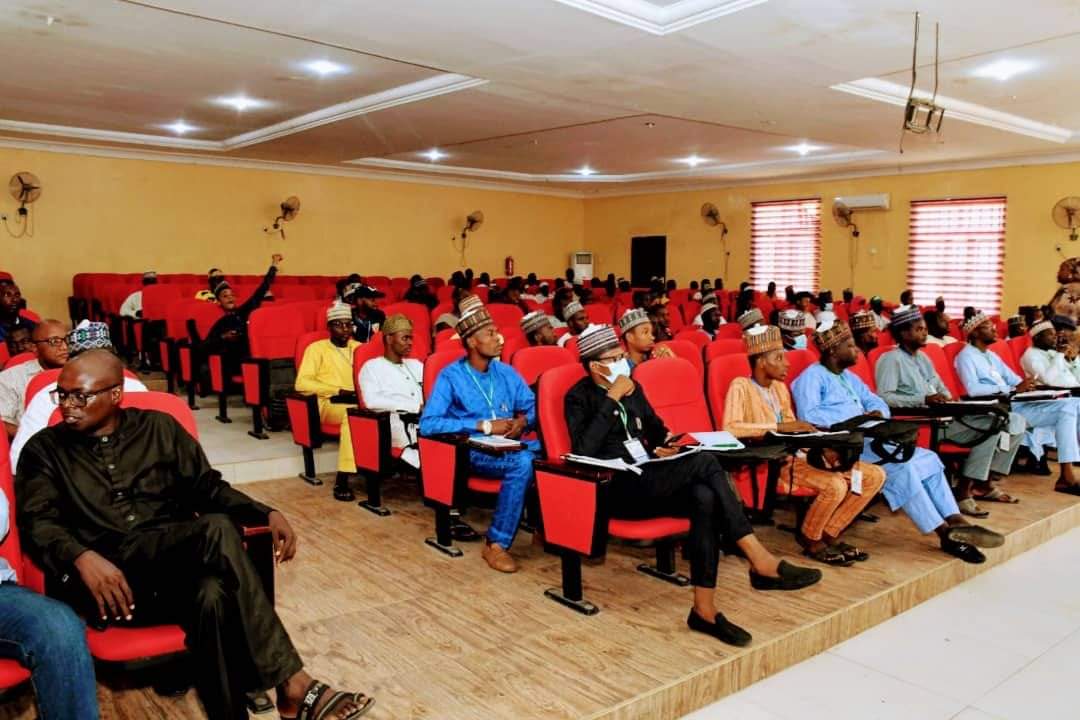Concerned about the increasing level of poverty among Nigerians, the Senate on Tuesday, considered a bill seeking to mitigate it. Establishment of a National Poverty Alleviation Management Commission is being considered.
The bill which seeks to empower the commission to coordinate and regulate all forms of poverty alleviation funds. scaled second reading during plenary.
The National Poverty Alleviation Management Commission bill was sponsored by Senator Kabir Abdullahi Barkiya (APC – Katsina Central).
Leading debate on the general principles of the bill, Barkiya said its passage and assent into law, “will have tremendous and vital impact on the reduction of poverty level, ravaging the majority of citizens in the country.”
According to the lawmaker, this includes the poor and their families who find it difficult to feed themselves.
He explained that the proper and efficient management of poverty alleviation funds through sufficient regulation would drastically cut-down on the poverty rate in Nigeria.
“It is imperative to note, that the passage of this bill will effectively and efficiently regulate all forms of funds provided to alleviate poverty in the land, especially to remedy the suffering of our citizens.
“This aforementioned fund could be granted by the government, or international and local donations in order to minimise the high level of hardship that people go through within the country”, the lawmaker said.
Senator Christopher Ekpenyong (PDP – Akwa-Ibom North West), while contributing to the debate said the bill is “bi-partisan”.
He lamented that resources allocated for poverty alleviation most times do not get to the poor as a result of mismanagement.
He observed that having a Commission in place as intended by the bill would see to the realisation of the objectives of the federal government in the aspect of poverty reduction.
Read Also: Man excretes 47 wraps of cocaine
On his part, Senator Ibrahim Gobir (APC – Sokoto East) recalled that a similar bill was passed under the eighth senate but failed to receive presidential assent.
He, therefore, advised the President to sign the bill into law, adding that putting in place management models to determine the level of impact made through programmes targeted at poverty alleviation would, to a large extent, compliment the bill.
The bill after consideration was referred by the Senate President, Ahmad Lawan, to the Committee on Poverty Alleviation for further inputs.
The Committee was given four weeks to report back to the Senate in plenary.







